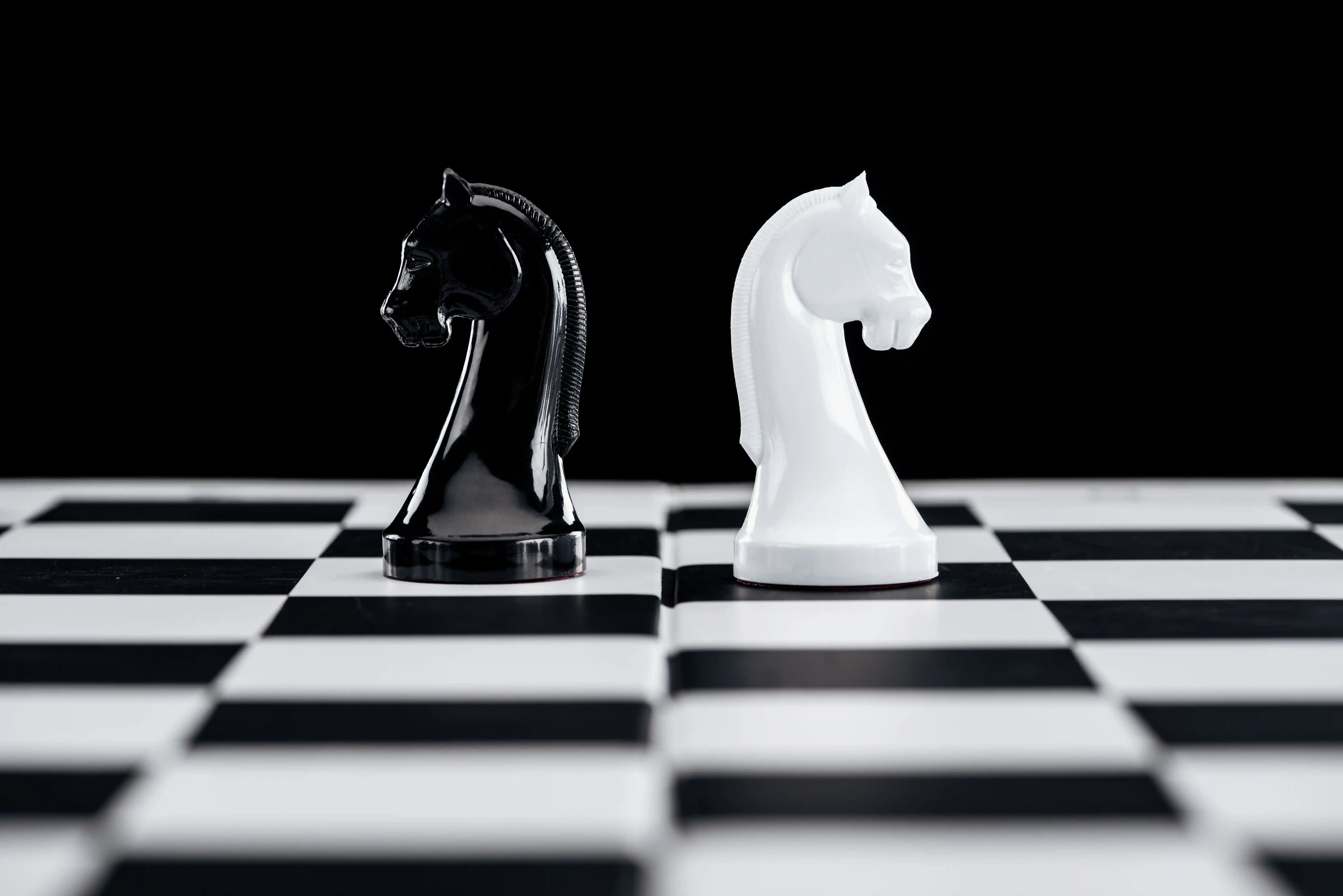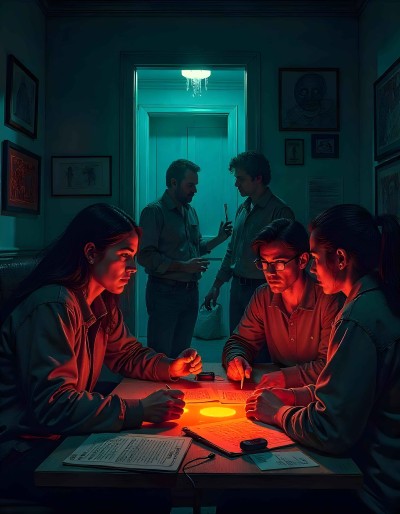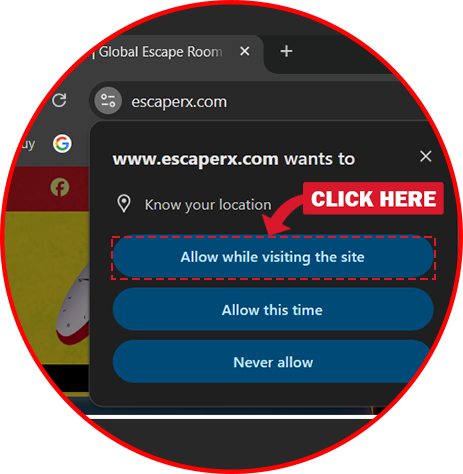Escape Rooms and the Lock Keeper: Master of Unlocking Puzzles and Clues
The Lock Keeper is the player in escape rooms who excels at unlocking both physical and mental locks. They have a keen understanding of how different locks work and can quickly figure out combinations, keys, or sequences needed to progress.
Who Is the Lock Keeper in Escape Rooms?
The Lock Keeper is the teammate who naturally gravitates toward anything with a lock, whether it's a physical padlock, a combination lock, or a mental puzzle requiring a specific sequence of actions. This player has an innate ability to identify patterns and sequences, using their understanding of logic and mechanics to break through barriers.
Lock Keepers are problem solvers with a love for cracking codes, and they often take on the responsibility of handling any lock-related challenges that arise. Whether it’s finding the right key, deciphering a combination, or solving a series of puzzles that lead to unlocking a secret compartment, the Lock Keeper thrives in these tasks.
What Does the Lock Keeper Do in Escape Rooms?
The Lock Keeper’s responsibilities in escape rooms revolve around handling all things related to unlocking:
- Solve Combination Locks: The Lock Keeper is often the one to crack combination locks by deciphering clues that point to the right sequence of numbers, letters, or symbols.
- Master Key Locks: They are quick to locate the right key or tool needed to open a key lock, whether by following the clues that lead to the key or understanding how different locks work.
- Handle Puzzle Locks: Beyond physical locks, the Lock Keeper is skilled at solving puzzles that “unlock” different stages of the room, whether they involve pattern recognition, logic sequences, or mechanical manipulation.
- Identify Patterns: Lock Keepers are especially good at recognizing patterns that might go unnoticed by others. This ability helps them figure out the necessary steps to open locks, crack codes, or activate mechanisms.
- Lead the Unlocking Process: When the team is faced with multiple locks, the Lock Keeper coordinates the unlocking efforts, ensuring that the right clues are matched with the corresponding locks or puzzles.
Why Does a Team Need a Lock Keeper in Escape Rooms?
Teams need a Lock Keeper because many escape rooms are filled with various types of locks and puzzles that require unlocking. Without someone who specializes in locks, the team might waste precious time struggling to figure out how to open them. The Lock Keeper’s expertise in understanding different locking mechanisms can save the team time and effort, ensuring that progress is made smoothly.
Lock puzzles are a staple of escape rooms, and the ability to quickly and efficiently crack them can be the difference between victory and defeat. A skilled Lock Keeper helps the team avoid getting stuck on these challenges, allowing the group to move forward.
When Does the Lock Keeper Shine in Escape Rooms?
The Lock Keeper shines in specific moments throughout an escape room game:
- At the Start: Many escape rooms begin with players locked in and needing to solve an initial puzzle to “unlock” the room. The Lock Keeper is often the first to step up and handle this challenge, getting the team off to a fast start.
- During Mid-Game Challenges: As the team progresses, the Lock Keeper is essential in handling any new locks that emerge. They’re quick to decode combinations, unlock hidden compartments, or solve puzzle boxes that guard essential clues.
- At Critical Moments: In the final stages of the game, when the pressure is high, the Lock Keeper’s ability to unlock fast is invaluable. Their expertise often helps the team unlock the final puzzles and escape in the nick of time.
Where Does the Lock Keeper Make the Biggest Impact in Escape Rooms?
The Lock Keeper makes the biggest impact in rooms that heavily rely on locks, puzzles with sequences, and hidden compartments. Some escape rooms feature a multitude of locks that vary in complexity, and having a dedicated Lock Keeper can save the team from being overwhelmed by the sheer number of unlocking tasks.
In rooms with tricky lock mechanisms, like cipher locks or multi-step unlocking processes, the Lock Keeper’s understanding of these systems is key to success. These players also shine in high-pressure scenarios where fast unlocking is necessary to keep the momentum going.
How Can You Be a Better Lock Keeper in Escape Rooms?
Becoming a skilled Lock Keeper in escape rooms requires practice and attention to detail. Here’s how you can sharpen your lock-keeping abilities:
- Familiarize Yourself with Common Locks: Take time to understand different types of locks used in escape rooms—combination locks, key locks, cipher locks, and electronic locks. Knowing how each one operates will make it easier to handle them in the game.
- Look for Patterns and Clues: Many escape room locks are solved by identifying patterns or numbers hidden throughout the room. Train yourself to spot these patterns quickly and connect them to the right lock.
- Master Combination Locks: Get comfortable with handling combination locks, as these are often the most common type found in escape rooms. Learn to recognize the clues that point to the right combination, whether it’s numbers, letters, or symbols.
- Experiment with Puzzle Locks: Some escape rooms include mechanical puzzles or unique lock mechanisms that require creative solutions. Don’t be afraid to experiment with different approaches to unlock these puzzles.
- Stay Calm Under Pressure: As the game progresses and the clock ticks down, the pressure to unlock faster increases. Keep a steady hand and a calm mind to ensure you can think clearly and avoid mistakes.
- Collaborate with Teammates: Sometimes the clues to unlocking a lock are scattered throughout the room. Collaborate with your teammates to gather all the necessary pieces of information, and then apply your unlocking skills to bring it all together.
Final Thoughts: The Importance of Lock Keepers in Escape Rooms
The Lock Keeper plays a crucial role in escape rooms by ensuring that the team can quickly and efficiently solve lock-related challenges. Whether it’s cracking a combination, finding a key, or solving a complex puzzle, the Lock Keeper’s ability to unlock doors, boxes, and compartments is key to the team’s success.
If you’re someone who enjoys figuring out how things work and loves the satisfaction of unlocking, then embrace your role as the Lock Keeper. Your knack for unlocking puzzles will help the team move forward and conquer the challenges of the escape room



















